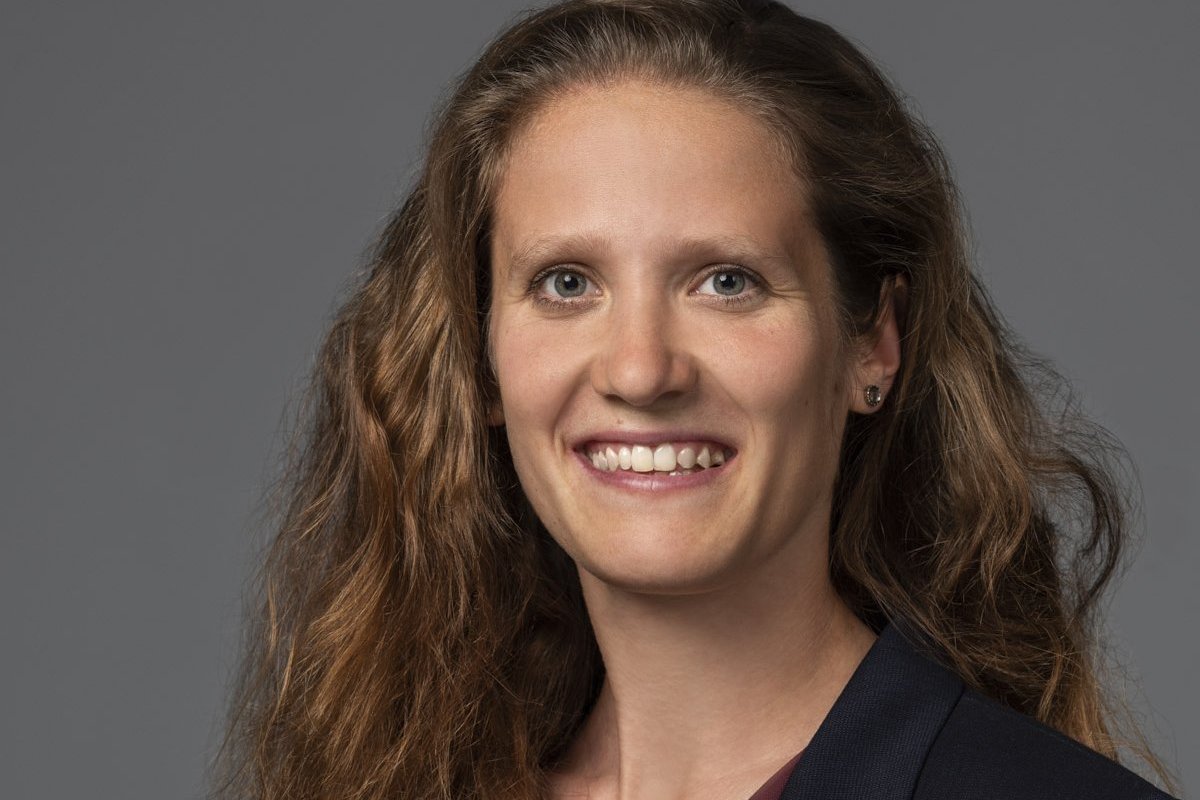GABA – Negotiation processes when talking on care

GABA – Siblings caring for relatives: The need for counselling and negotiation processes when taking on the care of their parents.
An empirical study on “Doing Family”
Period: November 2023 - September 2026
Background
The majority of people in need of care in Germany are cared for at home by relatives, mostly by spouses or adult (in-law) children. Despite sons becoming increasingly involved in their parent’s care, it is still predominantly women across all age groups who provide care for relatives (Ehrlich and Kelle 2019; Hielscher et al. 2017; Auth and Dierkes 2015).
Taking on caring responsibilities can continue for years and is associated with physical, psychological and financial burdens (Hielscher et al. 2017; Klie 2022). While numerous empirical studies have focused on the motives for taking on care responsibilities, little is known about how the process unfolds and how negotiations between family members in general and between siblings in particular, take place.
This research project addresses this desideratum and examinates how adult siblings negotiate and reason amongst themselves about who will provide care for their parents at home and which of the children feels responsible when their parents increasingly need support. It looks at the topics and reasons that are perceived as important within the negotiations and how this process is organised.
This involves conducting narrative-biographical interviews with family carers who support their parents and have siblings. The interviews are analysed using the documentary method (Schütze 1983; Nohl 2005; Bohnsack et al. 2013).
If caregiving is understood as a developmental task for families that needs to be successfully managed (Gröning et al. 2015; Lebeda 2020), counselling of relatives is central to this process. A second strand of research will therefore examine the extent to which these negotiations and the division of care between siblings are addressed in formal and informal counselling contexts and what potential and needs educational professionals from different disciplines perceive in this regard. For this purpose, expert interviews with professionals who advise family carers are being conducted and evaluated using content analysis (Kuckartz 2018; Lamnek 2016).
Literature
- Auth, D. & Dierkes, M. (2015). Söhne in der Angehörigenpflege – Charakteristika, Ressourcen und Unterstützungsbedarfe im betrieblichen Kontext. In U. Meier-Gräwe (Ed.), Die Arbeit des Alltags (S. 201–224). Springer. doi.org/10.1007/978-3-658-07376-3_10
- Bohnsack, R., Nentwig-Gesemann, I. & Nohl, A.-M. (Ed.). (2013). Die dokumentarische Methode und ihre Forschungspraxis: Grundlagen qualitativer Sozialforschung. Springer. doi.org/10.1007/978-3-531-19895-8
- Ehrlich, U. & Kelle, N. (2019). Pflegende Angehörige in Deutschland: Wer pflegt, wo, für wen und wie? Zeitschrift für Sozialreform, 65(2), 175–203. doi.org/10.1515/zsr-2019-0007
- Gröning, K., Sander, B. & Kamen, R. von (Ed .). (2016). Familiensensibles Entlassungsmanagement: Was Krankenhäuser für die Sicherstellung der häuslichen Pflege tun können. Festschrift zu zehn Jahren Modellprogramm 'Familiale Pflege unter den Bedingungen der DRG'. Mabuse-Verlag. www.mabuse-verlag.de/mabuse/mabuse-e-books/familiensensibles-entlassungsmanagement-e-book-pdf_pid_343_17832.html
- Hielscher, V., Kirchen-Peters, S. & Nock, L. (2017). Pflege in den eigenen vier Wänden: Zeitaufwand und Kosten: Pflegebedürftige und ihre Angehörigen geben Auskunft (Study Nr. 363). www.boeckler.de/pdf/p_study_hbs_363.pdf
- Klie, T. (2022). Das Rückgrat der Langzeitpflege ist die häusliche Pflege. Befunde, Analysen und Handlungsbedarf. Der DAK-Pflegereport 2022 – Zusammenfassung. In T. Klie (Ed.), Beiträge zur Gesundheitsökonomie und Versorgungsforschung: Bd. 41. Pflegereport 2022: Häusliche Pflege - das Rückgrat der Pflege in Deutschland. Analysen, Befunde, Perspektiven (1-30). medhochzwei.
- Kuckartz, U. (2018). Qualitative Inhaltsanalyse: Methoden, Praxis, Computerunterstützung (4. Auflage). Grundlagentexte Methoden. Beltz Juventa.
- Lamnek, S. & Krell, C. (2016). Qualitative Sozialforschung: Mit Online-Materialien (6., vollständig überarbeitete Aufl.). Beltz.
- Lebeda, D. (2020). Beratung bei Pflegebedürftigkeit. Perspektiven für die klinische Sozialarbeit und Pflegeberatung im gesellschaftlichen Modernisierungsprozess. (Dissertation, Universität Bielefeld). doi.org/10.4119/UNIBI/2952709
- Nohl, A.‑M. (2005). Dokumentarische Interpretation narrativer Interviews. Bildungsforschung, 2(2), 19–38. doi.org/10.25656/01:4658
- Schütze, F. (1983). Biographieforschung und narratives Interview. Neue Praxis, 13(3), 283–293. www.ssoar.info/ssoar/bitstream/document/5314/1/ssoar-np-1983-3-schutze-biographieforschung_und_narratives_interview.pdf
